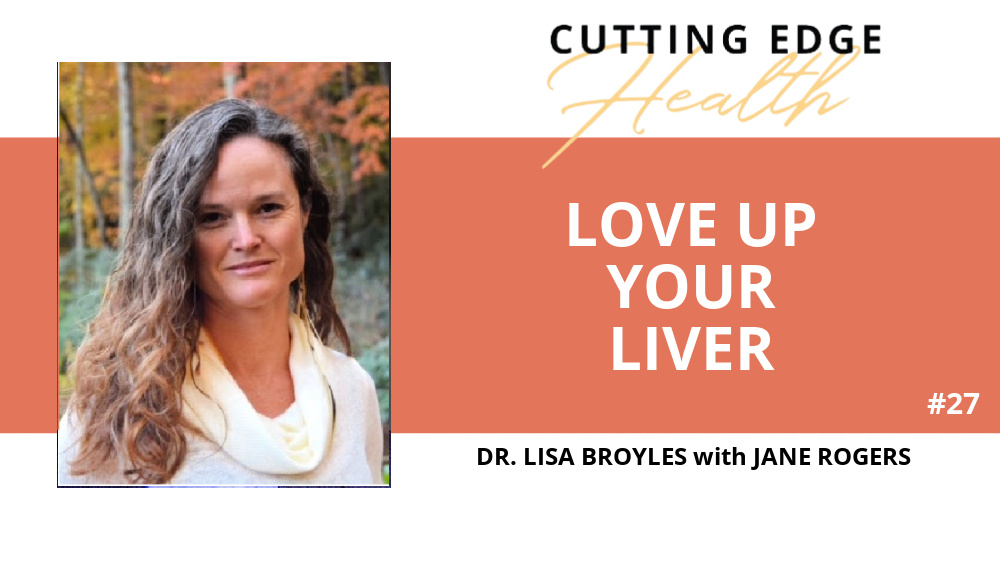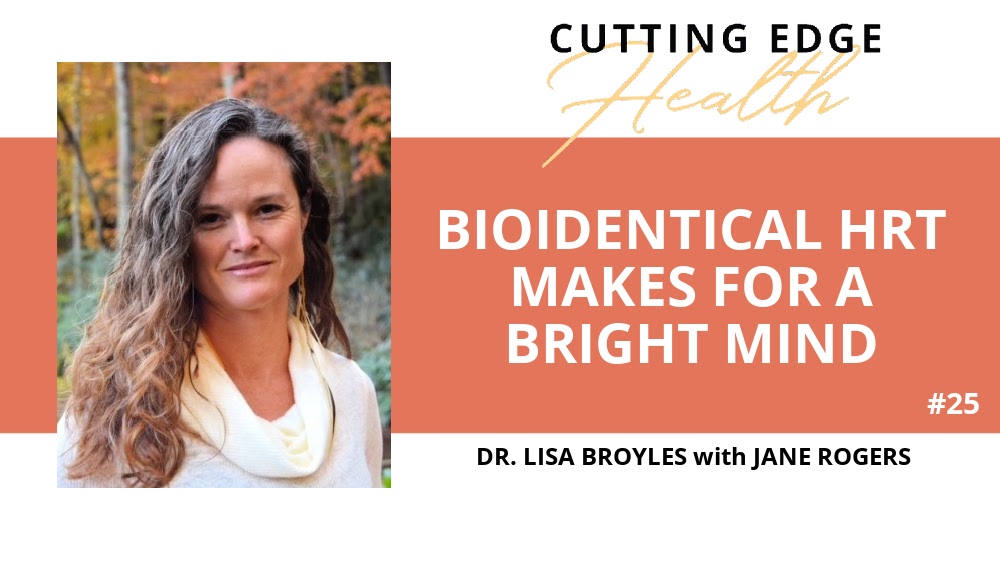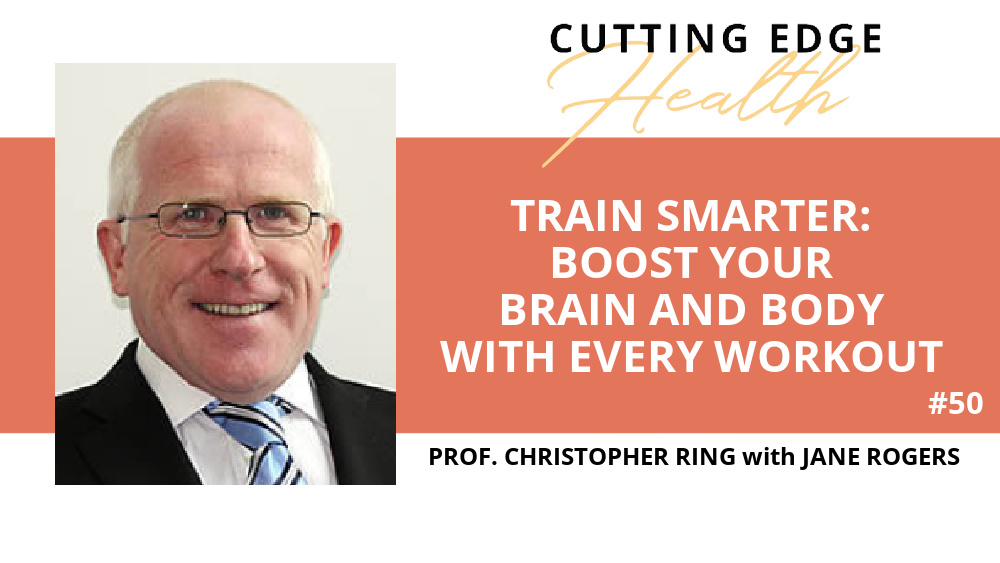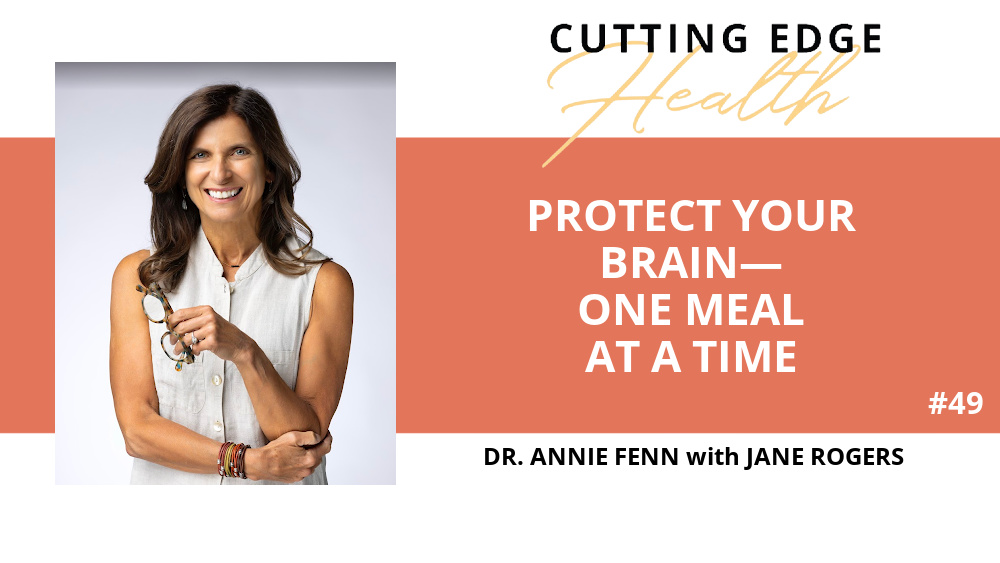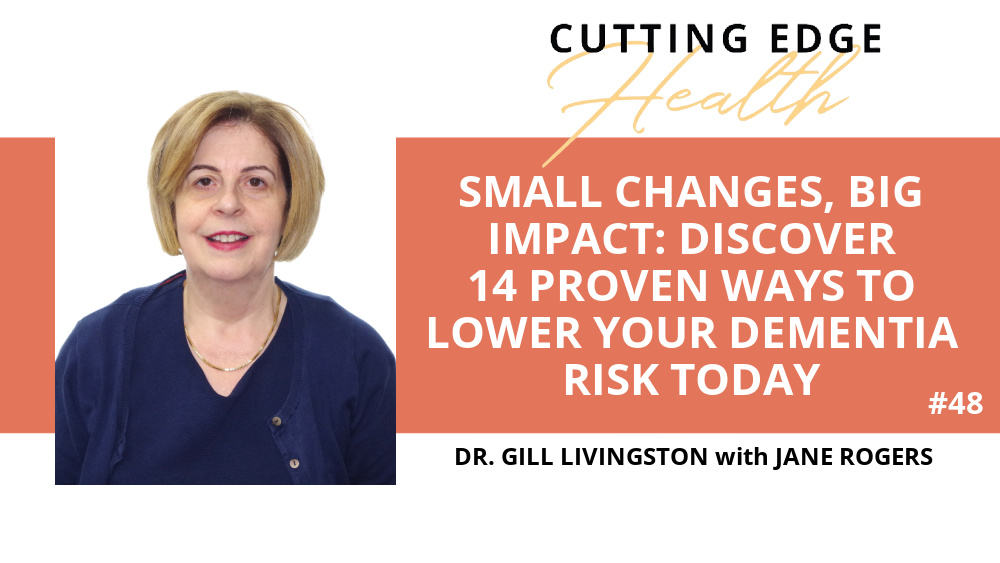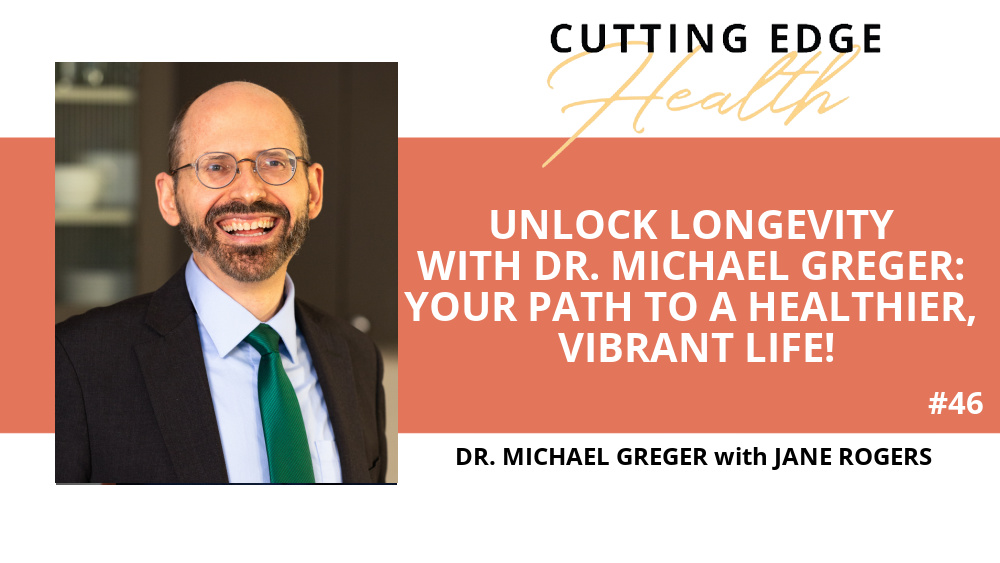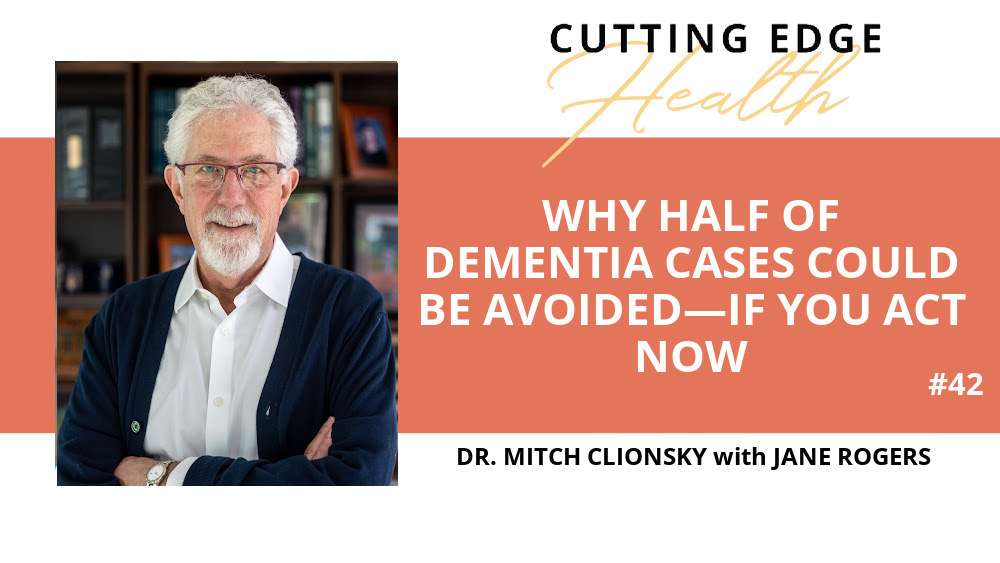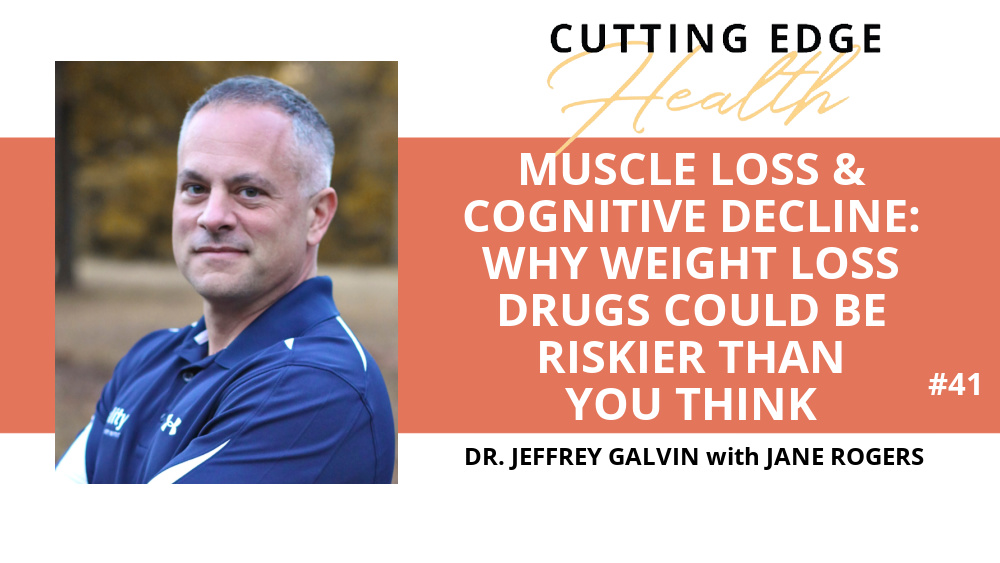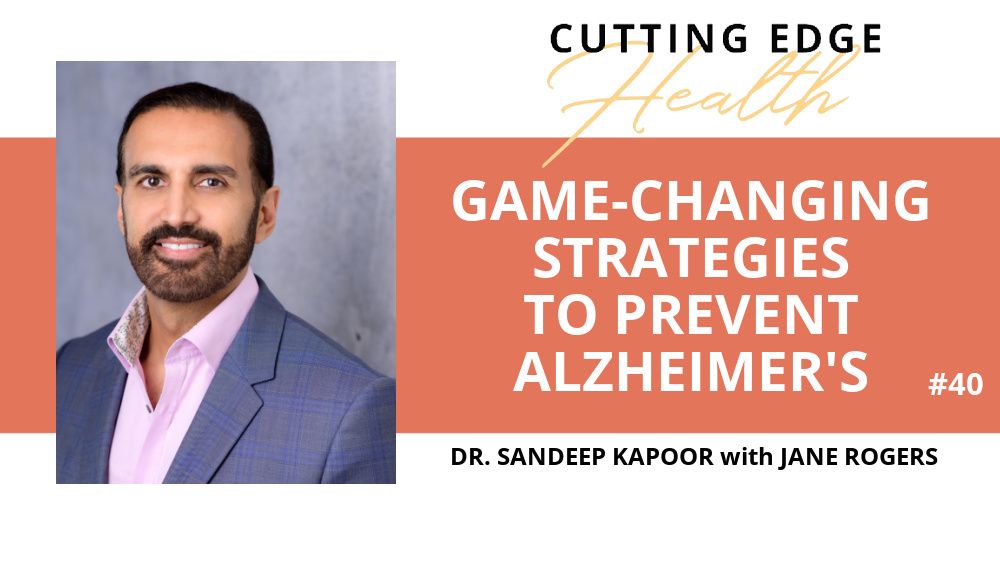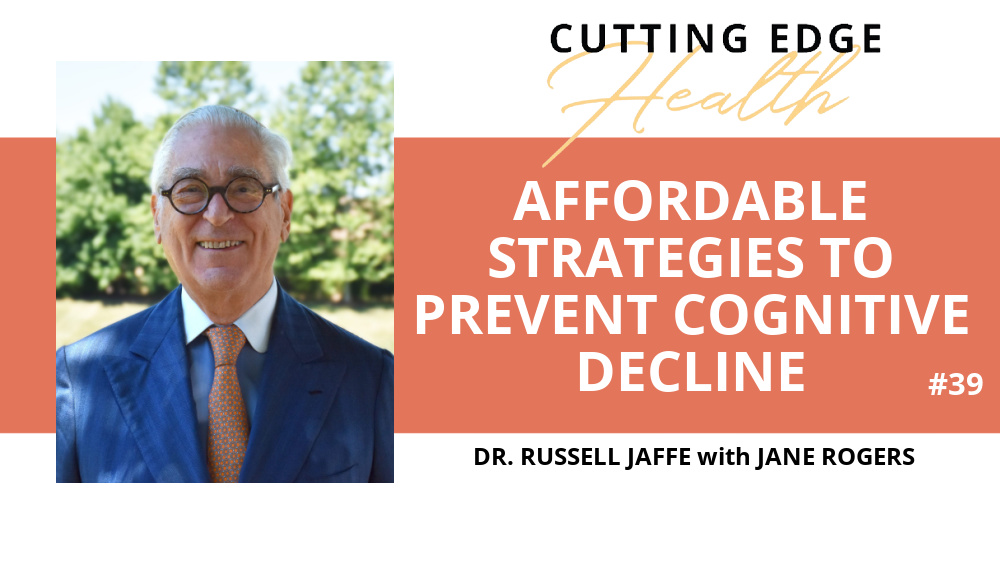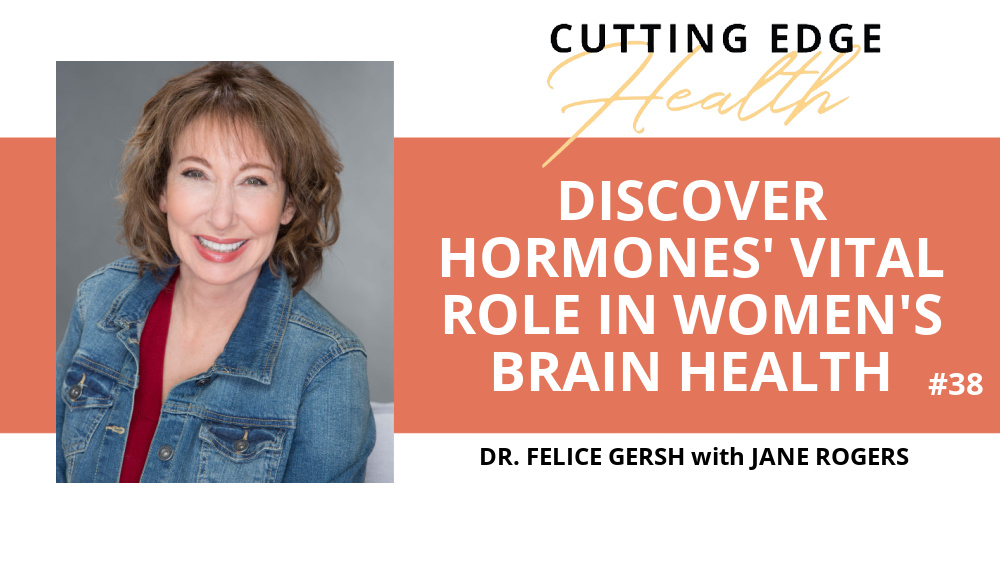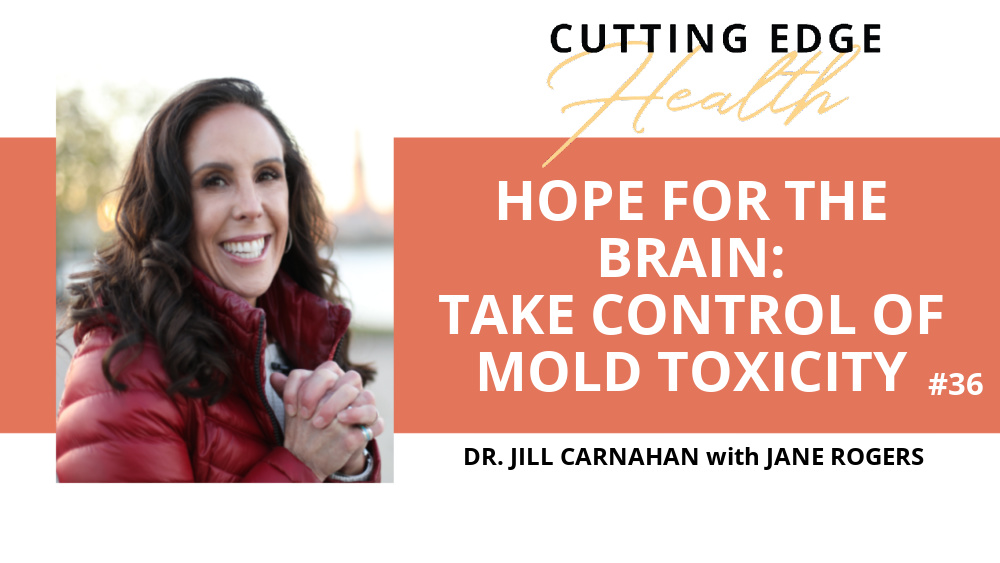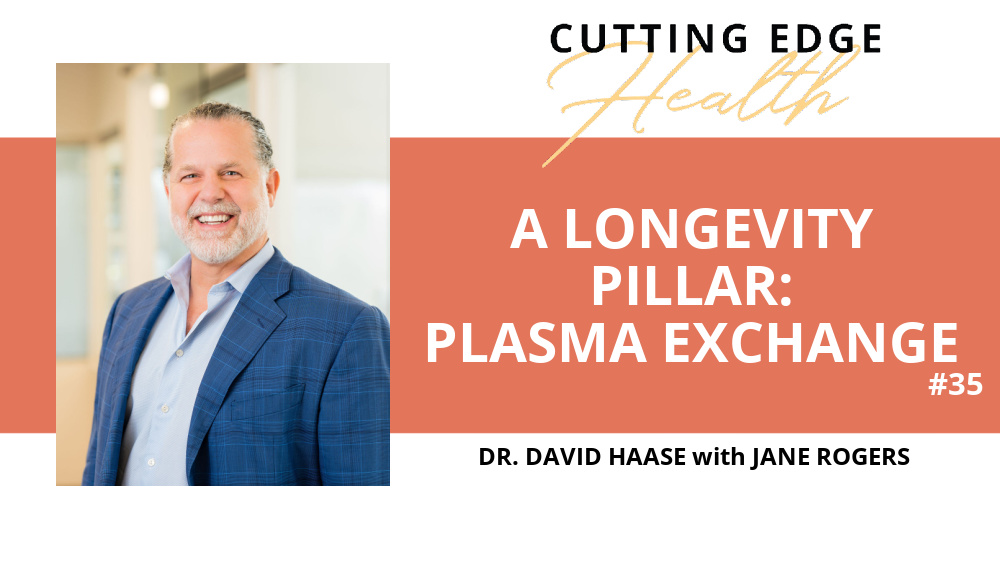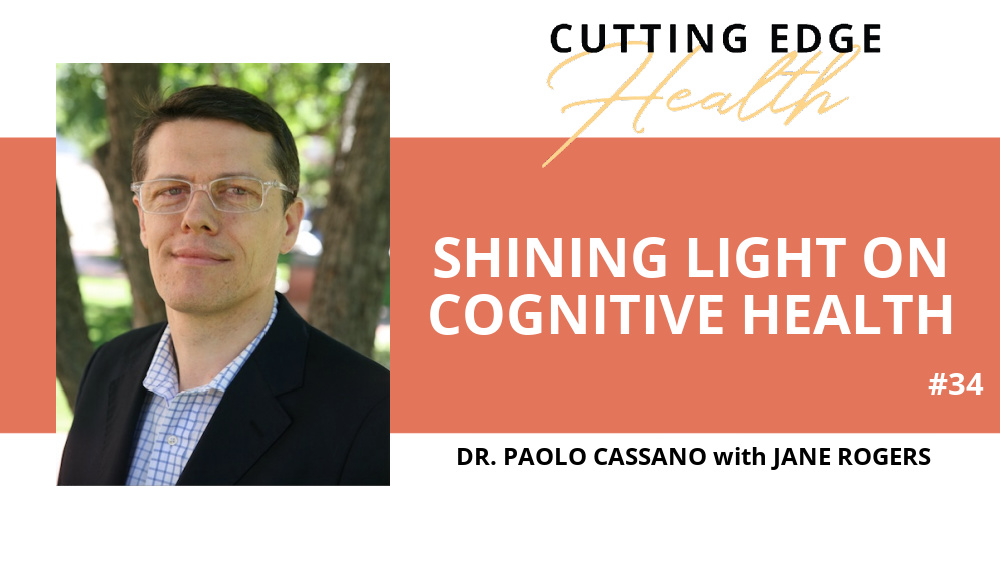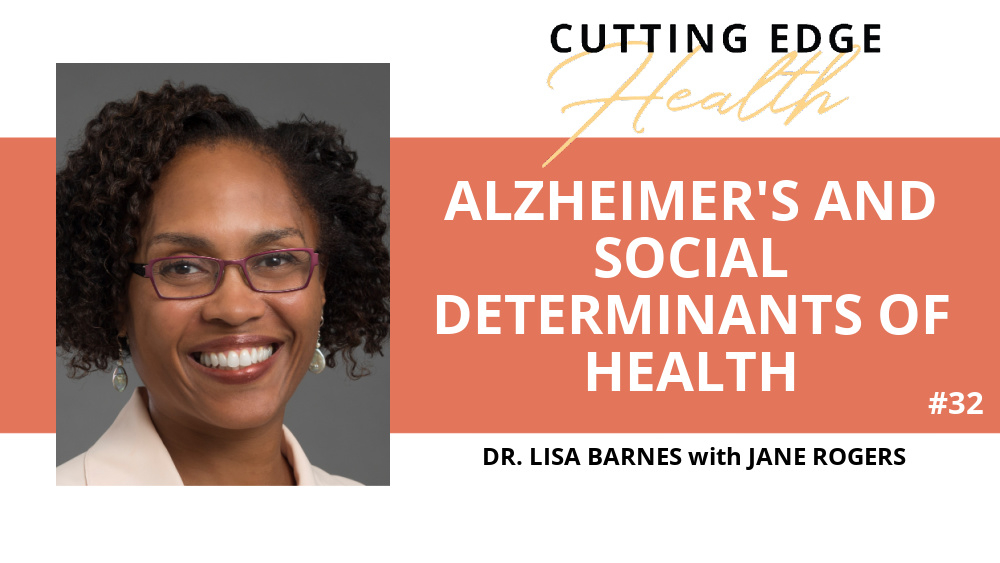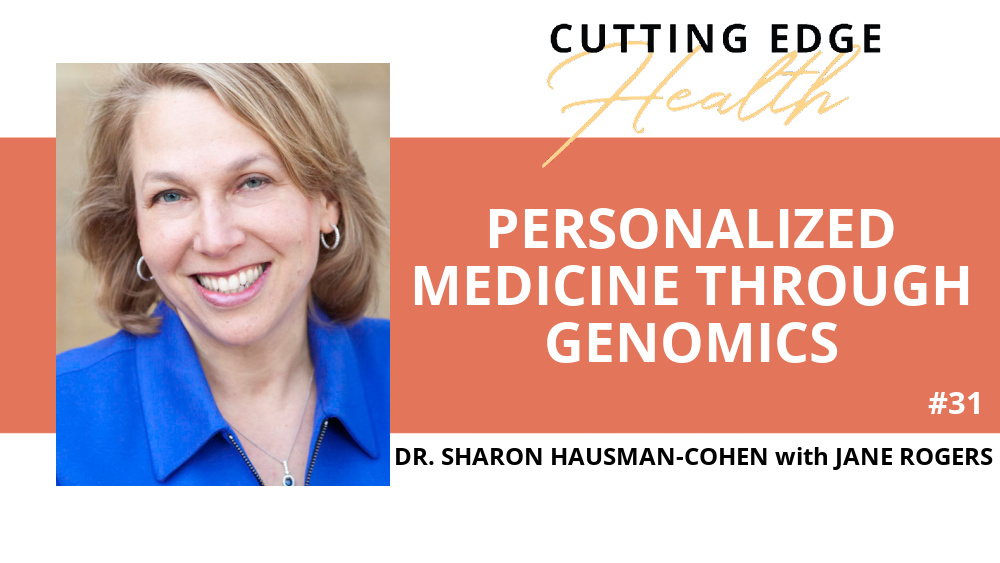
EPISODE #7
Your Beating Heart Can
Help You Beat Forgetfulness
Dr. Lisa Broyles
with Jane Rogers
Good fats vs. bad fats. Know the difference to keep your memory sharp.
What you'll learn in this podcast....
One of the major factors in cognitive decline is vascular disease. About 20% of patients with dementia have vascular dementia. The good news is that we have the diagnostic tools to assess our vascular health and the medical and nutritional knowledge to improve it. One important test that Dr. Lisa Broyles uses is called the Boston Heart Diagnostics assessment that looks at the multiple factors that one needs to know to truly assess heart health.
Traditional cholesterol tests tend to focus on the total cholesterol count, highlighting the “good cholesterol”, which is your HDL, and the “bad cholesterol”, which is your LDL. It may also count your triglycerides, which is the amount of fat in the bloodstream. That’s about where they stop, which is unfortunate. It’s also important to not just know how many cholesterol particles you have, but what size they are. The LDL size is critical because small sticky LDL particles can clump together in your arteries and form clots and plaque, but large, fluffy LDL particles are safe. You also want to know where the cholesterol is coming from.
There are two different ways that you get high cholesterol. One is from diet, but one is from an inflamed liver which is basically driven by genetics. The Boston Heart test tells us where the cholesterol is coming from, how much cholesterol is overproduced by the liver, or how much cholesterol is being over absorbed by the intestines. If your cholesterol is primarily coming from liver overproduction, then your diet isn’t really going to change your cholesterol that much. If your blood vessels are nice and smooth, then even though you have too much cholesterol, it’s going to flow right through those blood vessels and not form plaque. However, if the inner lining is irritated and rough, it’s more prone for plaque to stick and then start to build up and eventually clot off an artery. That Velcro-type stickiness is inflammation. The Boston Heart test identifies several markers for inflammation in your blood vessels.
About Dr. Lisa Broyles, M.D.
Dr. Lisa Broyles, MD
Dr. Lisa Broyles, MD, is trained in the Bredesen Protocol, a personalized program to prevent and reverse cognitive decline. It is estimated that nearly 50 million currently living Americans will die of Alzheimer’s disease if effective prevention and reversal are not implemented–almost 100 times more than have died of COVID-19. Mainstream medicine would have you believe that it can’t be prevented, is untreatable, and progressive, with most patients not surviving beyond three to eleven years post-diagnosis.
But we are learning that the disease is a pathology of multiple causes that is preventable and even reversible in the early stages through the kind of holistic and individualized approach prescribed by the Bredesen Protocol.
A certified functional medicine doctor with an interest in holistic/integrative medicine, Dr. Broyles is transforming medical care in rural North Carolina. Addressing the underlying causes of disease rather than simply treating symptoms, Dr. Broyles uses a systems-oriented, holistic approach that engages both patient and practitioner in a therapeutic partnership. The result has been a palpable rise in health IQ and wellness in the community she serves.
“People are hungry for this kind of patient/physician collaborative care. They want to take charge of their well-being. They want to feel empowered. Too often, though, the insurance system in America limits choices for physicians and patients alike. Functional medicine represents a fundamental paradigm shift from symptom suppression to an integrative body/mind approach to optimal health,” said Dr. Broyles.
Hoping to help more people than her limited practice can accommodate, Dr. Broyles is reaching out to her community through the Cutting-Edge Health podcast and other platforms. At the end of each podcast, Dr. Broyles will answer your questions.
Having graduated from the Brody School of Medicine at East Carolina University and completed her three-year residency at the University of Tennessee in Knoxville, Dr. Broyles is currently a family practitioner in Saluda, North Carolina.
For the past several years, she served patients at urgent care and occupational medicine centers in South Carolina and Tennessee. Prior to this, she was medical director for the East Tennessee Spine and Nerve Center in Chattanooga and the Johnson City Tennessee Downtown Clinic. Dr. Broyles graduated from Brody school of medicine at East Carolina University in Greenville North Carolina and obtained her functional medicine certification from Functional Medicine university in Greer South Carolina.
Dr. Lisa Broyles on Cutting Edge Health
- Guest website
- Effect of aspirin on lipoprotein(a) in patients with ischemic stroke – PubMed.
https://pubmed.ncbi.nlm.nih.gov/17845920/ - Red Yeast Rice for Hypercholesterolemia – PubMed
https://pubmed.ncbi.nlm.nih.gov/31687098/ - Serum lipoprotein-associated phospholipase A2 predicts the formation of carotid artery plaque and its vulnerability in anterior circulation cerebral infarction – PubMed
https://pubmed.ncbi.nlm.nih.gov/28644968/#:~:text=Elevated%20hsCRP%20and%20Lp-PLA2%20are%20associated%20with%20carotid,risk%20factor%20for%20carotid%20plaque%20and%20its%20vulnerability - Homocysteine level is associated with aortic stiffness in elderly: cross-sectional results from the B-PROOF study – PubMed
https://pubmed.ncbi.nlm.nih.gov/23492646/
- Never miss an episode! Subscribe and follow on your favorite distribution channel.
- Feedback and questions to hello@cuttingedgehealth.com
- Ask your question directly to the doc
- Our team would be honored and grateful, if you could leave a 5-star rating on Apple Podcasts.






